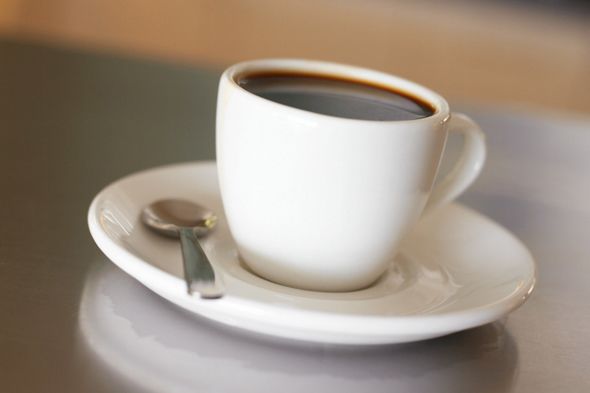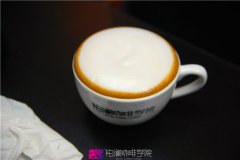About caffeine caffeine is good for both short-term and long-term memory

1. Caffeine is good for both short-term and long-term memory. Earlier studies have found that caffeine is good for short-term memory, while recent studies have found that caffeine is also good for long-term memory. Dr. Jack Lynn London, senior dietitian at Mount Sinai Hospital in New York, said eating 300 to 400 milligrams of caffeine a day can help prevent cognitive decline and Alzheimer's disease.
two。 Caffeine can improve sports performance. Drinking coffee an hour before the game can improve the performance of the game. The reason is that caffeine can increase alertness and shorten reaction time.
3. Caffeine is refreshing and has an immediate effect. Caffeine can easily cross the blood-brain barrier and quickly stimulate the central nervous system. You will feel refreshed immediately after taking caffeine, and your euphoria will peak after 30 to 60 minutes.
4. The content of caffeine in coffee varies greatly. A study published in the Journal of Analytical Toxicology found that 16 ounces of coffee from a famous brand contained 100 milligrams more caffeine than other coffees of the same amount. Research also shows that even the same brand of coffee, each bottle of caffeine content also varies, up to 300 milligrams. Dr London said a 16-ounce cup of standard coffee contained caffeine ranging from 90mg to 225 mg.
5. Espresso contains much less caffeine than regular coffee. Everyone thinks that espresso must have the most caffeine. However, a cup of espresso contains only 40 to 70 milligrams of caffeine, much less than the same amount of regular coffee, Dr. London said. Therefore, if you are sensitive to caffeine, it is best to choose espresso such as cappuccino.
6. Caffeine does not cause dehydration. According to the U.S. Food and Drug Administration, 98% of caffeine is consumed through beverages, so caffeine is replenished at the same time. So although caffeine is a diuretic, it doesn't really cause dehydration. However, you should drink coffee in moderation. Drinking water is the gold standard for replenishing water.
7. Caffeine doesn't just come from drinks. Chocolate is also a major source of caffeine. Some foods and even drugs such as painkillers also contain caffeine. Patients with heart disease or high blood pressure should consult a professional doctor before taking caffeinated painkillers.
Important Notice :
前街咖啡 FrontStreet Coffee has moved to new addredd:
FrontStreet Coffee Address: 315,Donghua East Road,GuangZhou
Tel:020 38364473
- Prev

The production of cafe classic cappuccino requires gold ring cappuccino
Gold circle cappuccino practice: 1, extract single / double espresso 2, cold milk, about 65C is appropriate, fully cut cotton 3, beat good hot milk (including milk foam) into the cup of espresso to the top bulge
- Next

Espresso is known as the "Soul of Coffee"
Espresso is known as the Soul of Coffee. With a perfect cup of Espresso, we can make all kinds of coffee that are popular all over the world, such as Cappuccino, Mocha and Latte. It is said that Espresso originated in Cairo, Egypt in the early 15th century, but it was Italy that really carried it forward. Now Espresso has almost become one of Italy.
Related
- Beginners will see the "Coffee pull flower" guide!
- What is the difference between ice blog purified milk and ordinary milk coffee?
- Why is the Philippines the largest producer of crops in Liberia?
- For coffee extraction, should the fine powder be retained?
- How does extracted espresso fill pressed powder? How much strength does it take to press the powder?
- How to make jasmine cold extract coffee? Is the jasmine + latte good?
- Will this little toy really make the coffee taste better? How does Lily Drip affect coffee extraction?
- Will the action of slapping the filter cup also affect coffee extraction?
- What's the difference between powder-to-water ratio and powder-to-liquid ratio?
- What is the Ethiopian local species? What does it have to do with Heirloom native species?

